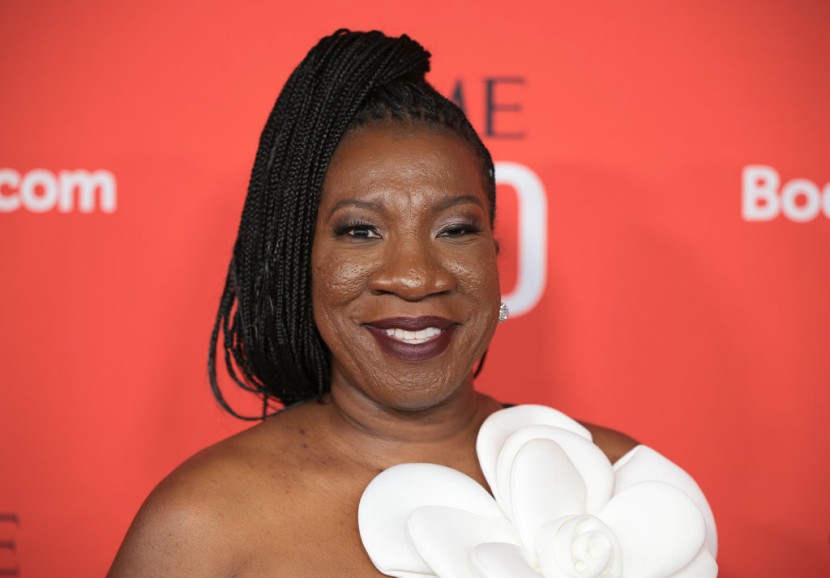
The social activist who coined the term "Me Too" amid sexual assaults and harassment said the overturning of Harvey Weinstein's 2020 rape conviction in New York is not a setback to the movement she founded but a call they are "prepared to answer."
"This is not a blow to the movement," Tarana Burke, who founded the "Me Too" movement in 2016, told BBC News. "It is a clarion call and we are prepared to answer that call."
The New York Court of Appeals ruled earlier this week that Weinstein's conviction should be overturned because the judge allowed prosecutors to call a witness whose accusations were not part of the case.
Weinstein remains jailed because of a separate rape conviction in 2022 in Los Angeles, and will have to face new trial.
Burke said she's concerned about Weinstein's victims.
"We are devastated for the survivors who are connected to this case and the survivors who had found some solace and catharsis in the original verdict" concerning Weinstein, she told the BBC.
"Many people, many survivors and those who love and support the survivors probably thought that original verdict meant that there was going to be a change, that it marked a change and marked a difference in how this justice system was going to move and operate," she said.
But, Burke added, the court's decision "means that we [still] have a movement."
"Ten years ago, we could not get a man like Harvey Weinstein into a courtroom," she told the Associated Press of how the movement changed the culture.
"The movement will persist, driven by the truth of our testimonies — and changes to our systems and culture will follow," Burke continued.
© 2026 HNGN, All rights reserved. Do not reproduce without permission.









